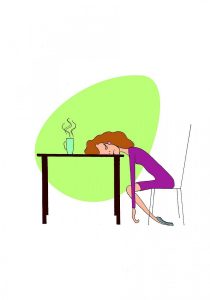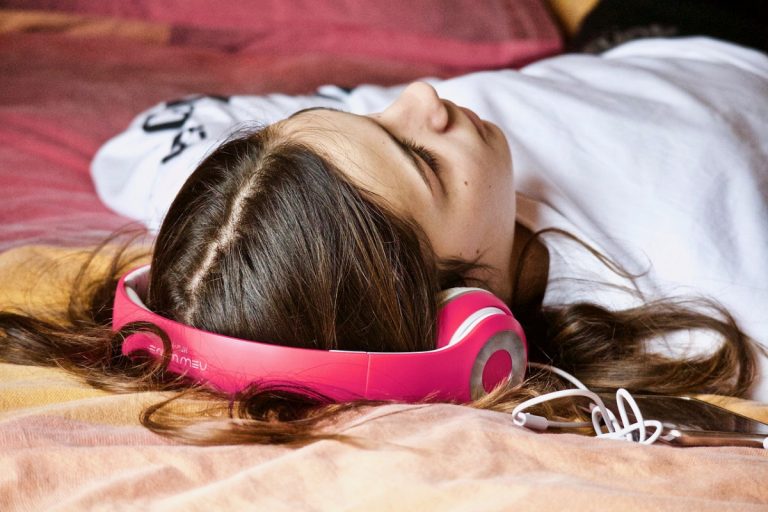Does lack of sleep really influence health?
by Christelle Marchetti | on March, 01 mars 2024 |
A good night’s sleep is just as important for our health as exercise or a healthy diet. Whatever our age, getting the right amount and quality of sleep improves attention, behavior, memory and the general state of our mental and physical health.
But what exactly are its effects on our health? When should we go to sleep?
Sleep and health: INFO or INTOX?
INFO, without a doubt.
Sleep helps maintain and regulate many vital functions, the most important of which are restorative. The body uses sleep to repair cells and tissues, build muscles and synthesize proteins, better than at any other time of the day.
But how many hours of sleep do you need each night? According to a report published by the National Sleep Foundation, we should sleep between seven and nine hours to function optimally during the day, and to maintain a healthy body and mind.

What are the effects of sleep deprivation?
There are as many benefits to getting an adequate amount of sleep as there are health risks to not getting enough.
Withdrawing even two or three hours a night from the optimal eight hours of sleep can lead to a sharp increase in the risk of effects such as :

- depression,
- obesity,
- heart disease,
- weakened immune defenses…
Sleep problems can affect mental health, including :
- concentration,
- behavior,
- physical sensations,
- emotions…
March 19/21, 2024 - launch of the SOPHRO ACTION program "I'm improving my concentration now" in 4 weeks (in French)
If you'd like to develop your concentration with Holistic Therapy and improve your well-being at the same time, sign up now! VIRTUAL MODE OR IN MONCTON (in French)
What are the early warning signs?
How do we know when we’re not getting as much sleep as we should? Or, just as importantly, how do we know if we’re getting enough sleep to maximize our productivity, mood and health?
In addition to feeling tired, there may be signs that you’re not getting as much sleep as you should. Here are the most common signs:
- Daytime sleepiness, fatigue or lack of energy, forcing you to take a nap or interfering with your daily activities,
- Feeling tired as soon as you get up,
- Attempting to fall asleep for more than 30 minutes, or difficulty falling asleep in general,
- Frequent awakenings during the night or difficulty staying asleep,
- Early morning awakening and inability to fall back asleep,
- Too much sleep or too long nights may indicate that your sleep quality is not optimal.

If you’re tired, learn to rest, not give up! Banksy
DO YOU KNOW?
Practising sophrology allows you to work on the sources of sleep disorders. Sophrology offers tools to help you fall asleep more easily in the evening, get back to sleep during the night when you suffer from nocturnal awakenings, and regain energy during the day when you suffer from fatigue.
Try sophrology, adopt it and practice it with ease. Individual or group sessions!
Find out more about our individual coaching.
Find out about upcoming group workshops.

